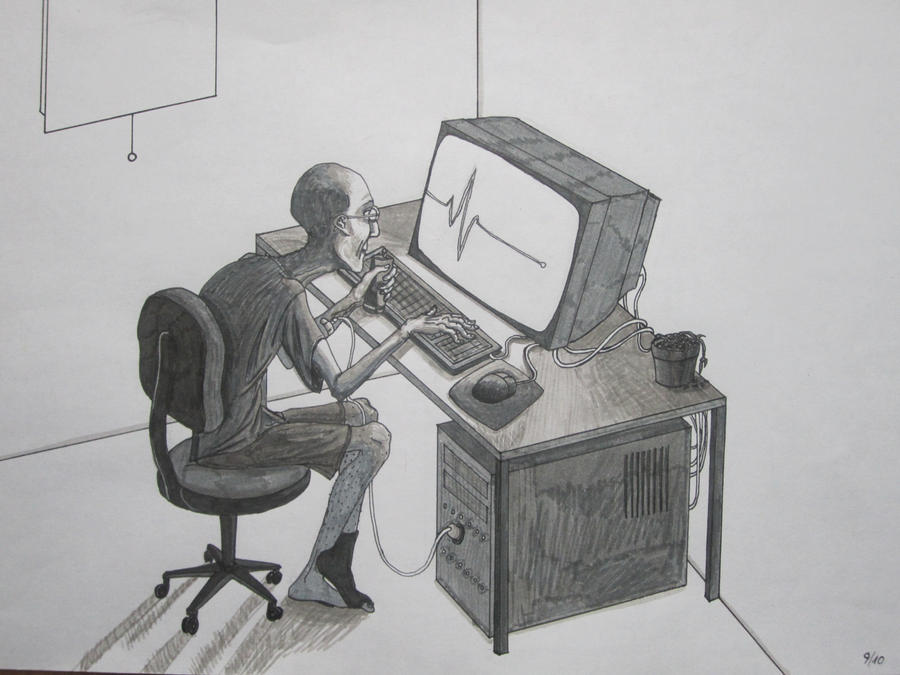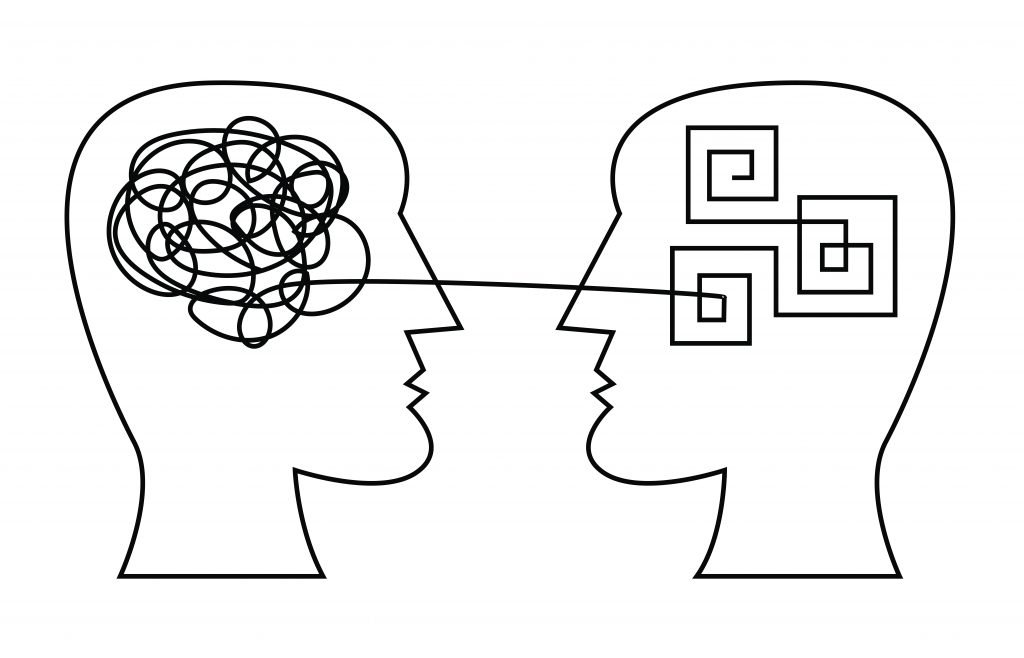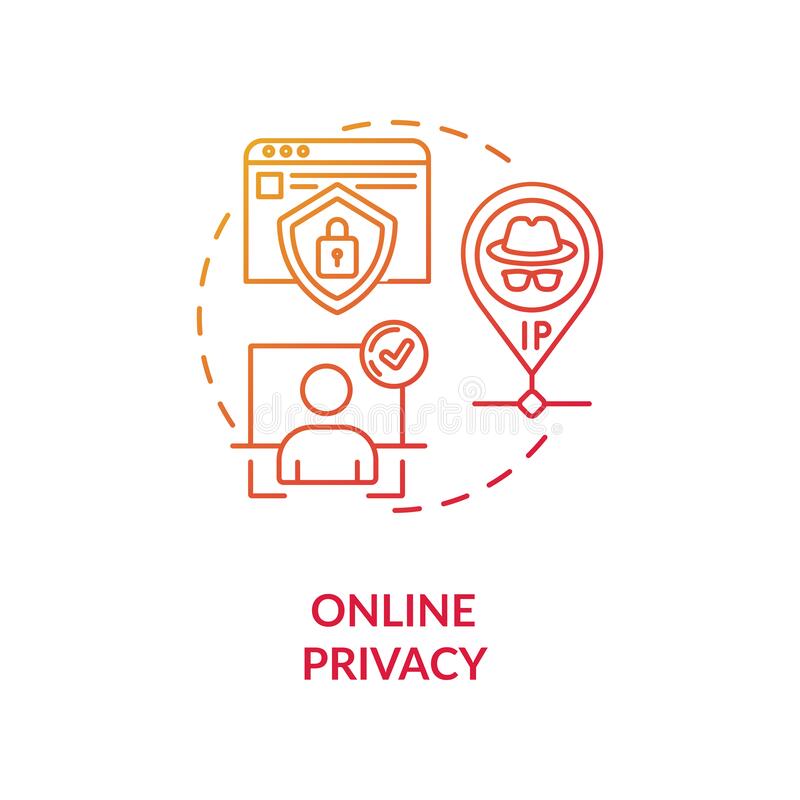Research
Welcome to the blog of Sruthi

Pros and Cons of Computing

Computer innovations have been beneficial to our daily lives in many ways. They have largely improved the medical field, saving more people. When it comes to business, they are more efficient and therefore increase productivity. Also, they reduce costs. Another benefit of computer innovations is better communication. You can reach literally anyone around the world and stay in touch with distant family members. Engineers make use of them to collect more data and design products.
While computer innovations have certainly made our lives easier, they also have negative effects. Once such an effect is the loss of privacy. Companies often use our private information to market their products. More computer innovations are also leading to greater amounts of unemployment. With machines seemingly more efficient and productive than humans, they are often chosen to perform the jobs that humans previously held. One example of this is with truck drivers, as many companies are trying to use automated vehicles to transport their goods. Addiction and dependence on technology can have negative consequences on health.

Computing innovation can have impacts beyond its intended purposes.For example, the World Wide Web was specifically created for the exchange of scientific information. Obviously, it’s used for a lot more than that. The developers of television or social media did not intend the negative consequences they would have on children. Due to these innovations, children have often been found to have shortened attention spans or a lack of connection to nature.

Digital Divide

The digital divide is basically a disparity in internet access or modern information. The digital divide often affects underprivileged groups.
Many factors contribute to this digital divide. The availability of internet access is one of them. Alongside this, the affordability of internet access to a community makes a difference. The Internet may be too expensive for people living in poor rural areas. The quality of service makes a difference as well. Unstable access in many areas prohibits users from using the internet to its full potential and limits usage. Oftentimes, modern technology may not seem relevant to a community if it lacks necessary knowledge and skills to utilize it.

Many steps are being taken to reduce this digital divide. The digital divide can be reduced through digital inclusion programs. These programs provide affordable access to the internet, devices, technical support, and access to digital literacy training. This problem is also being tackled globally. The Edison Alliance, a group of 47 governments, sponsored the Digital Inclusion Navigator project.This project was put in place to tackle inadequate access to technology. It was also put in place to tackle any obstacles that stop the global effort in digital inclusion (mostly the lack of collaboration).

Computer Bias

Biases are unfair tendencies. An example of bias is in criminal assessment tools. These programs are designed to determine the likelihood of a defendant recommitting a crime. This is often based on historical data. Historical data can be biased toward certain races and this can lead to a biased assessment.
Facial recognition systems can also be biased. These can be biased through exclusion since they are trained mostly with images of white men rather than a diversity. Recruiting algorithms can also be very biased mainly because they go off of historical data just like criminal assessment tools. When sorting through candidates, it may be biased toward a gender or race for this reason.

While biases are everywhere, there are ways to combat them. Seeing the problem with facial recognition systems, it would be wise to use more diverse data. Seeing how programs can have biases from historical data, checking all parts of the algorithm would eliminate this. Alongside this, using fairness metrics that ensure equal opportunity for everyone and increasing the diversity in the tech industry would help combat this problem as well.

Crowd Sourcing

Crowdsourcing is basically getting a lot of information from people on the internet. People can easily contribute to organizations and organizations also get more diverse data to work with. An example of crowdsourcing is from restaurant reviews. Restaurants get online feedback from their customers which can serve as advice for both the restaurant and future customers.
Crowdsourcing also has to do with the workforce. Wikipedia, for example, relies on crowdsourcing to get its volunteers to write its articles. Crowdsourcing can also be financial support. Things like Patreon or GoFundMe are areas where people donate for various causes.

Citizen science is a major form of Crowdsourcing. Citizen science is science that the general public helps conduct. People often share their observations to fuel research.Scientists can do more with a diverse amount of data rather than just the data they gather from working alone. An example of this is with the Audubon Bird Society’s Christmas Bird Count. Volunteers count birds to test the health of the bird population.

Ethical Issues

Many ethical issues are created as a result of computing. The four main areas of computer ethics are computer crime, privacy, and the responsibility of those well-versed with computers. Computer crimes are crimes which include the manipulation of a computer system. An example of this is stealing funds.Oftentime, these perpetrators merely have to return the money and no other punishment is given. Another example is unauthorized computer entry or hacking. This includes stealing the data of rival companies.
Privacy is basically the computer management of personal information. Computers can gather so much information that they might know us better than we ourselves do. This is a problem because if someone hacks the system, they have the information of so many people at their disposal. Also, many organizations have access to our information and we don’t always know if they use it fairly.

The last area of computer ethics has to do with the power advantage computer professionals have because of how knowledgeable they are with computer systems. While this isn’t always the case, with certain people having increased power, there may be exploitation. Computer professionals should use the information they have access to accounting to privacy factors; it becomes a problem when they don’t. Another problem that goes along with this is centralization, because government agencies may be more skilled and powerful with computers. This means citizen input becomes less effective.

Safe Computing

While on your computer or any device in general, it is good to be safe to ensure that your information is protected. When you make passwords, please don’t write them on an endless number of sticky notes which at some point you could lose. Use a password manager! These are helpful in protecting and saving your passwords. Also, make sure your passwords are complex enough. You don’t want to have passwords like 12345 or “Password”. I can see that I’ve guessed some of your passwords already.
Never choose the “Remember Me” option. Always log in and log out even if it takes you more time. Also, updating software is very important. While these can be very annoying and time consuming, they are often useful. They may fix old bugs and provide enhanced security. Failing to update software just gives hackers an easy way in. Having automatic screen locks is good so that even if you forget to log out, the system will always have your back.

While online, be sure to share as little information as possible. Only share information with trusted websites or people. Information you should restrain from sharing includes: address, phone number, social security, or birthdays (leave out the year). Be careful of what to post on social media platforms. Disable remote connectivity devices like Bluetooth when you are not using them.
